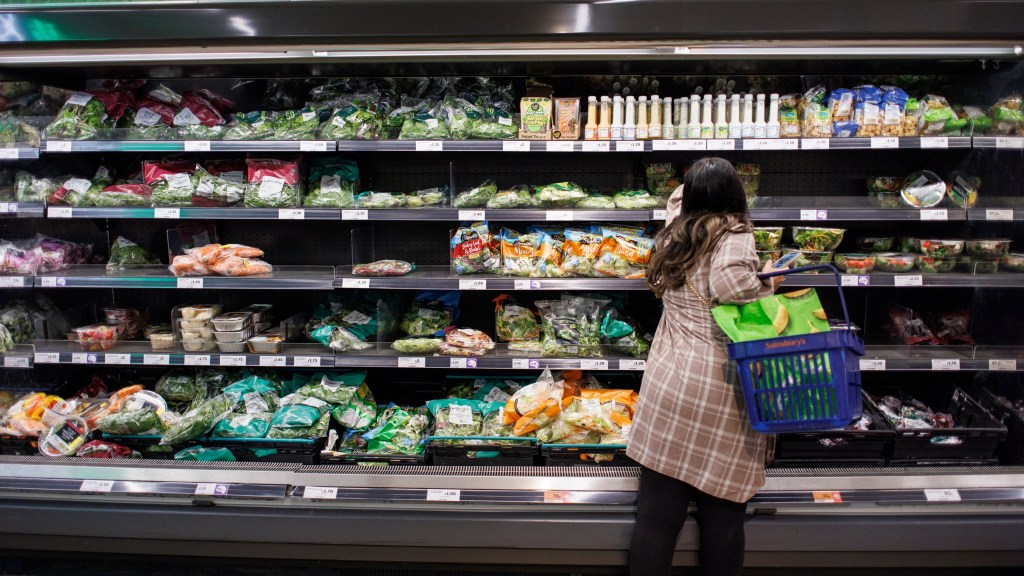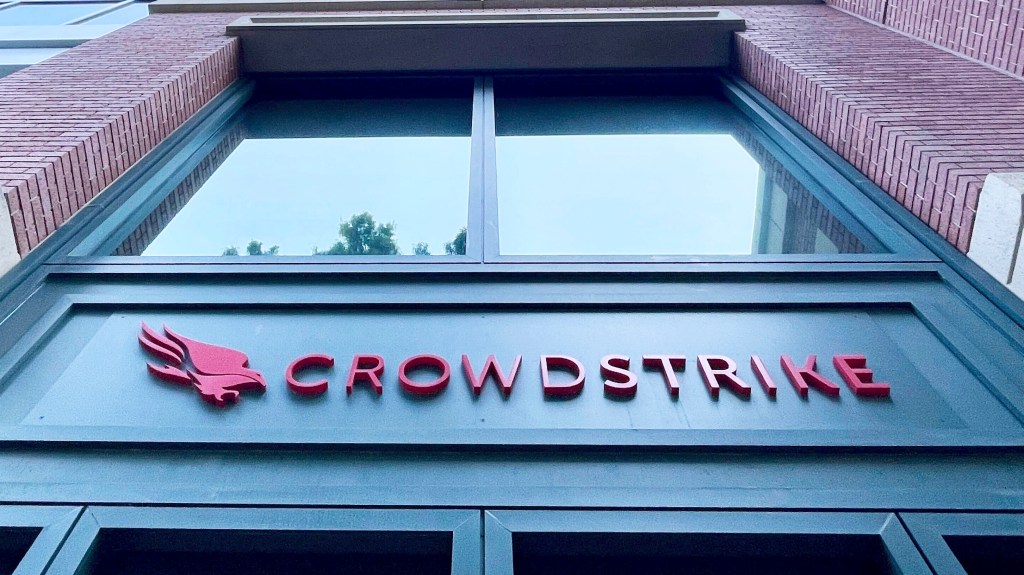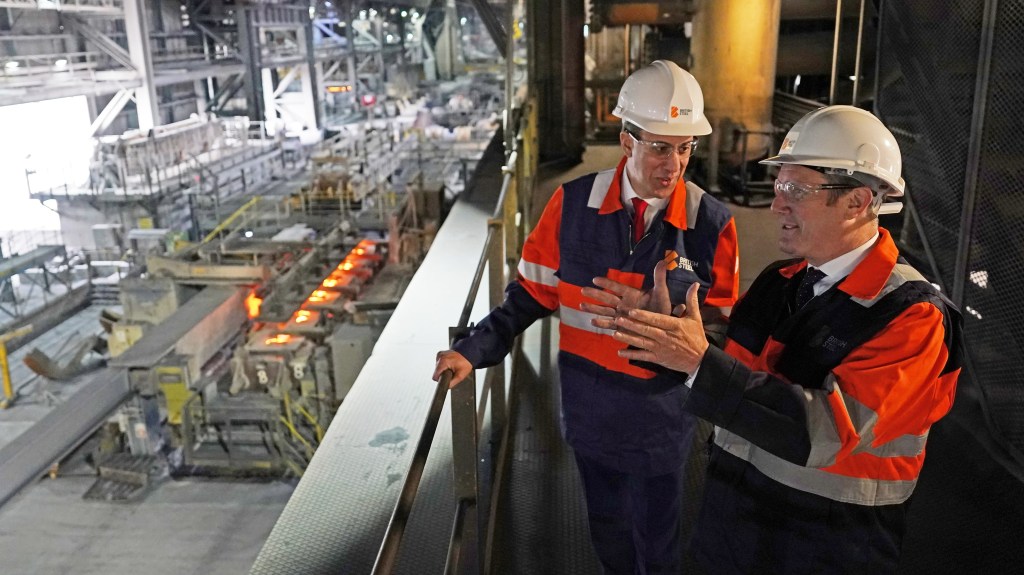UK Inflation Experiences First Increase This Year, Reaches 2.2%
In July, the UK’s inflation rate rose for the first time this year, climbing above the Bank of England’s 2% target to reach 2.2%, according to official data.
The Office for National Statistics attributed this increase mostly to smaller declines in gas and electricity prices compared to a year ago. Inflation had previously held steady at the 2% target for the past two months.
This rise fell short of expert predictions, with City analysts forecasting a 2.3% rate and the Bank of England anticipating 2.4%.
Meanwhile, services inflation, which is closely monitored by the central bank, dropped significantly to 5.2% from 5.7%, considerably below the Bank of England’s 5.6% forecast. Core inflation also saw a decrease, falling to 3.3% from 3.5%.
• Rising inflation won’t affect rate cuts but will hit the poor
The retail price index (RPI), a more traditional measure of inflation, rose to 3.6% last month. This increase could potentially raise the cost of annual rail season tickets by the same margin. Governments have historically tied rail fare hikes to the July RPI rate, but Labour has yet to confirm whether this practice will continue. Such an increase would, for example, raise the cost of a season ticket from Reading to London by around £200.
The pound slipped against the dollar upon the news, declining by 0.2% to $1.28 before regaining some ground. The FTSE 100 index gained 0.56%.
The slower decline in energy prices over the past year contributed to the higher headline inflation rate in July. Prices for oil, gas, and electricity surged following Russia’s invasion of Ukraine in February 2022.
Grant Fitzner, chief economist at the Office for National Statistics, commented, “Inflation ticked up slightly in July as domestic energy costs fell, but by less than a year ago. This was partly offset by a drop in hotel costs following strong growth in June.”
Analysts had speculated that Taylor Swift’s Eras tour had temporarily driven up accommodation costs in the UK in June.
This increase in inflation marks the first significant economic challenge for Prime Minister Sir Keir Starmer since taking office. He has pledged to boost GDP growth and stabilize policy after the frequent changes to taxes and government spending under the Conservatives.
The Office for National Statistics is expected to announce on Thursday that the economy grew by 0.6% over the last three months, down from 0.7% in the first quarter.
• Rising inflation won’t affect rate cuts but will hit the poor
Darren Jones, Chief Secretary to the Treasury, stated, “The new government is acutely aware of the scale of the challenge we have inherited, with many families still grappling with the cost of living. This is why we are making tough decisions now to fix the foundations of our economy and rebuild Britain to make every part of the country better off.”
Chancellor Rachel Reeves is expected to announce tax increases in her first budget on October 30 after highlighting £21.9 billion of government overspending.
The inflation rise comes two weeks after the Bank of England reduced interest rates by a quarter point to 5% from 5.25%, the first reduction since March 2020.
The Bank remains concerned that high inflation in the services sector and strong wage growth could keep inflation above its target in the long term.
Experts forecast that inflation will stay above the central bank’s target for the remainder of the year due to unfavorable comparisons with last year’s energy and food prices. However, they also anticipate that the Bank will cut borrowing costs by a further 0.5 points by the end of 2024.
New figures released on Tuesday showed that the unemployment rate slightly decreased to 4.2% from 4.4%, causing traders to question whether the Bank of England’s monetary policy committee will lower borrowing costs at its next meeting on September 19. Wage growth eased to 5.4%, nearing a two-year low.
Yael Selfin, Chief Economist at KPMG UK, noted, “Despite a modest increase, inflation was relatively subdued in July as weaker core and food price inflation largely offset the diminishing impact of previous falls in energy prices.”
“This should provide some reassurance for MPC members as the Bank’s own forecasts earlier this month indicated a sharper rise.”




Post Comment